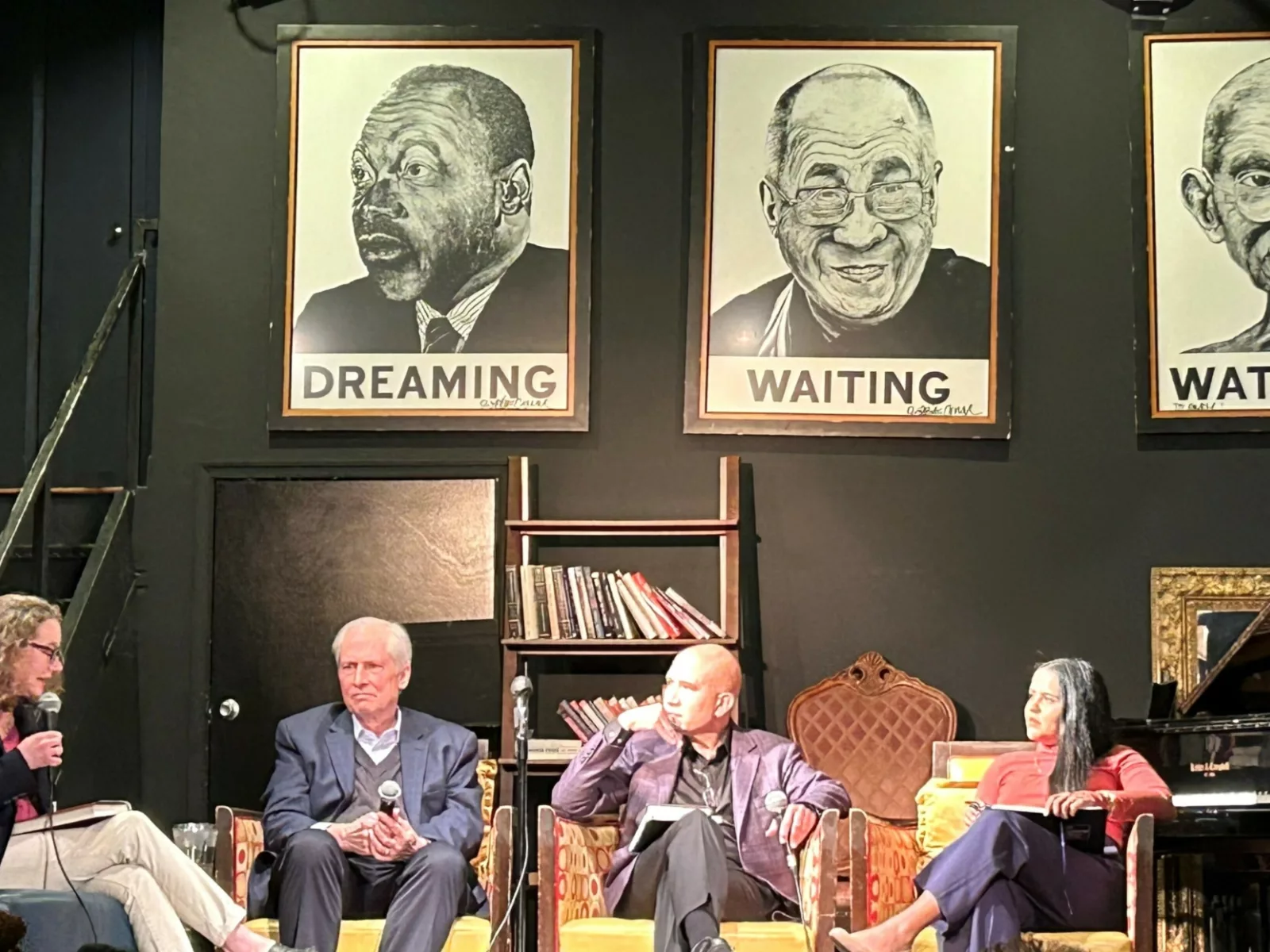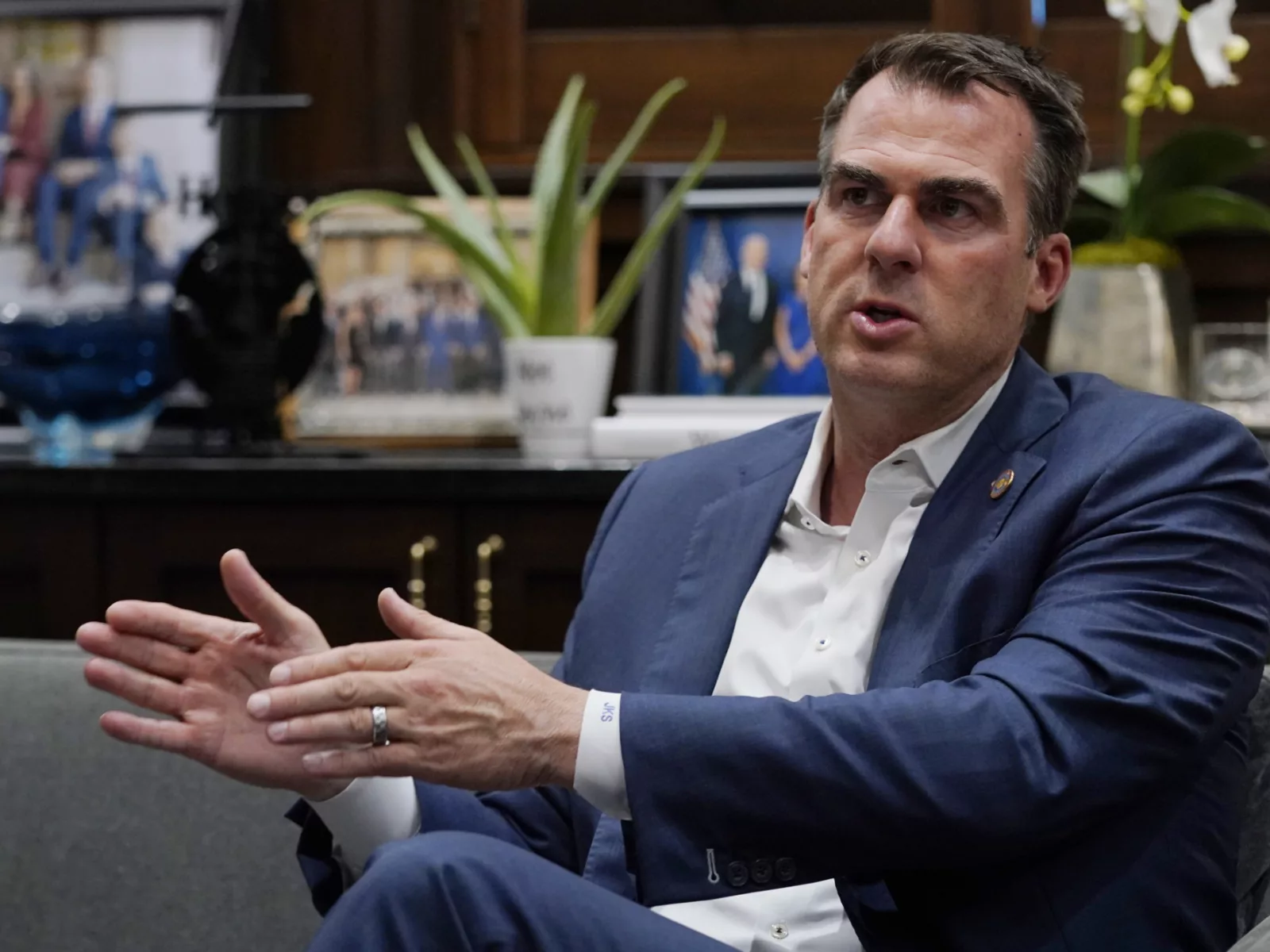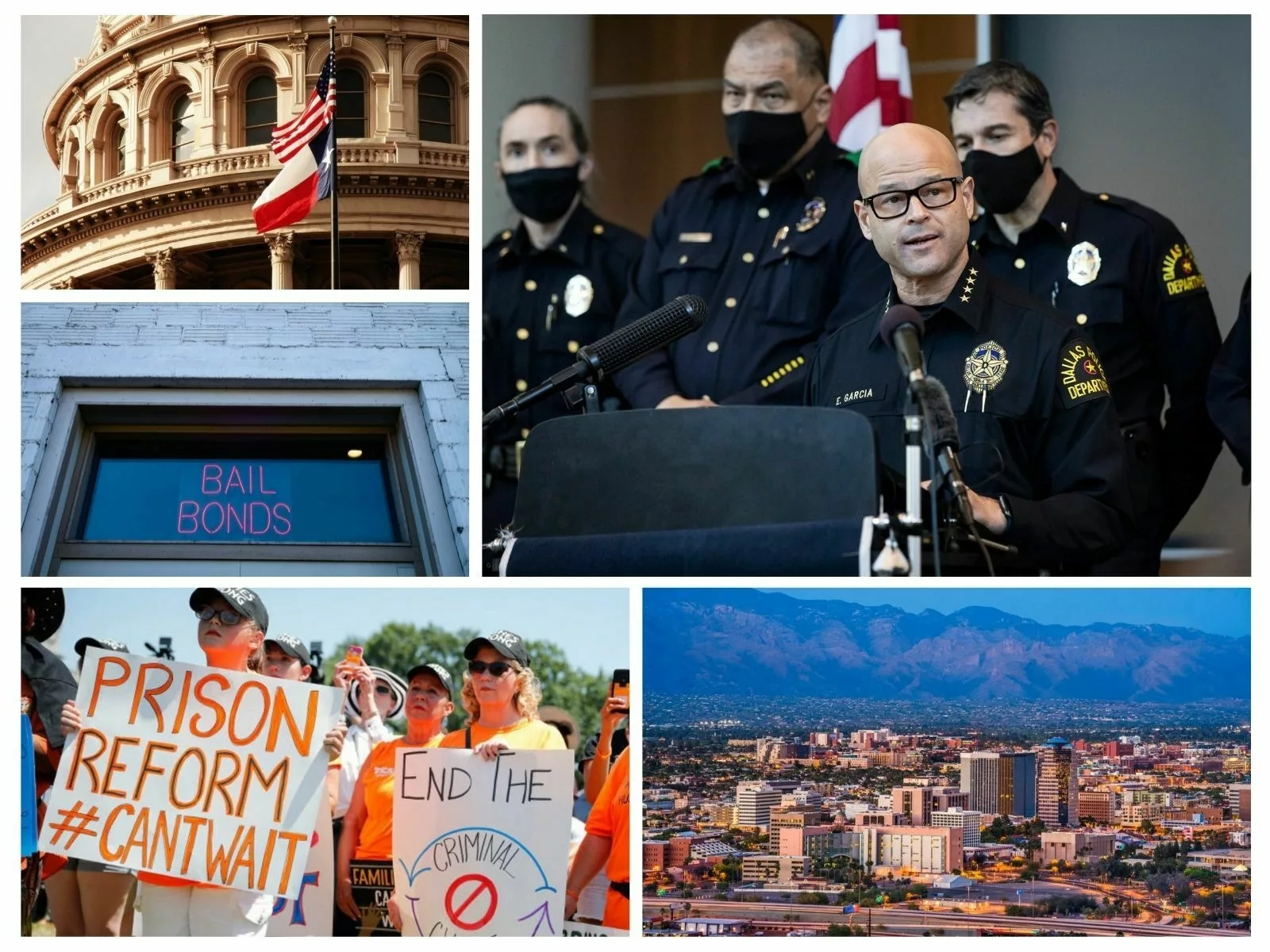After Julissa Soto’s son shoplifted a tube of toothpaste he thought their family couldn’t afford, their lives fell apart. As a single working mom, Soto struggled to pay thousands of dollars in court fines and fees while keeping a roof over their heads, and her story is the story of thousands of families across the country.
Every day, courts charge youth in the justice system and their families onerous fees and fines. Their inability to pay them often jeopardizes their futures. This week, the Debt Free Justice campaign launched to combat this unjust practice. Debt Free Justice is working to end juvenile fees and fines by supporting community-driven efforts at the local, state, and federal levels through policy advocacy, litigation, and research.
To kick off an ongoing series featuring the stories of people directly impacted by juvenile fines and fees, Arnold Ventures sat down with Soto to discuss her family’s experience with the justice system. Soto recently testified in support of a recently enacted Colorado bill that abolished all fees and fines on children in the state’s juvenile system.
This conversation has been edited for length and clarity.

Arnold Ventures
How did you first encounter the world of juvenile fines and fees? How did this become an issue in your life?

Julissa Soto
Well, when my son Juan was 14, he stole a tube of toothpaste from the grocery store. At that time, I was a single mom working at McDonald’s making $19,000 a year with two kids. Everything about it was very, very difficult, particularly all the things we had to pay for. There were fines and fees but also therapy and other classes that the court required us to attend and pay for.
I was like, ‘Wow, I was not the one stealing the toothpaste. The punishment should be on him, not me!’ And then the court charged all these fines to my son, even though they knew he was not working. At the end of the day, it was me shouldering all the financial consequences.
When you’re a person of color — when you’re a Mexican boy — the system treats you a little bit differently. Altogether, I was charged about $8,000. My family is still paying the consequences. After my son was charged with all these fines and fees, he got more rebellious towards the criminal justice system and hated them. And it is like a domino effect, when you try to rely on a system that says it’s there for you, but they don’t care about your background, they don’t care about what crime you have committed or if you’re Black or Latino — it doesn’t matter.

Arnold Ventures
Did you expect at all when your son was first charged that you would have to pay any of these kinds of fines and fees?

Julissa Soto
No, I didn’t understand why I had to pay all the fines and fees. I didn’t know how to navigate the system. At that time, I didn’t speak English very well. When I asked for a translator, they said my son could translate for me.
All I was told was that I needed to pay this money by a certain time, because if I didn’t, then my son would get in trouble again for noncompliance. And it wasn’t that he was noncompliant, it was we just didn’t have the money! I tried to tell them that I was a single parent who couldn’t afford these fees. I even offered to clean the floors at the court! But they didn’t care whether I had the money to pay or not. And so, I had to pick between paying my rent and paying the court fees.

Arnold Ventures
What did it take to pay off all these fees and fines?

Julissa Soto
I ended up paying all the fees off, but we also got evicted because I couldn’t pay rent.
I lost quality time raising my children, because I had to look for a second job to pay the fines and fees. What I said to everyone was, “I guess I’ll never see my kids now.” Nobody can give me back that time. And when I was out there working, my kids became rebellious, my daughter dropped out of high school. And I don’t blame them. I blame the system. And I don’t blame my kids, because no one was supervising them. I had to work!
This all happened years ago, and God has been good to me. I’m a very successful woman now, but because I’ve had success, I want to be the voice of the voiceless.

Arnold Ventures
This summer, you testified in support of a Colorado bill to eliminate juvenile fees and fines. Tell me about that.

Julissa Soto
This year, my state of Colorado abolished all fees and fines and the juvenile system, but I wasn’t one of the families that got money back. For me, that wasn’t the point. I wanted to make sure that courts treat parents, who might be in the same situation that I was, differently. Courts at the very least need to take a look into what these families are going through and consider them case by case.
There’s also a racial issue. I doubt a white boy would have the same consequences for stealing a tube of toothpaste. On the one hand, I feel like speaking about this is airing my private, family business. But at the same time, if I don’t speak up, nobody else will. Because, you know, in my community, we’re all afraid of the government. We’re all afraid of retaliation.
OK. Now I speak English. I’m a citizen. But not many Latina moms or Latina families are going to speak up as much as I do. And I speak up, because at this point, I don’t care. My son is good now. He went to Afghanistan twice while he was in the army, and now he’s in the Reserves. I’m not ashamed — we have paid our dues, and what matters to me now is making a difference. I’m going to move forward with my voice. And somebody is going to have to listen.





















